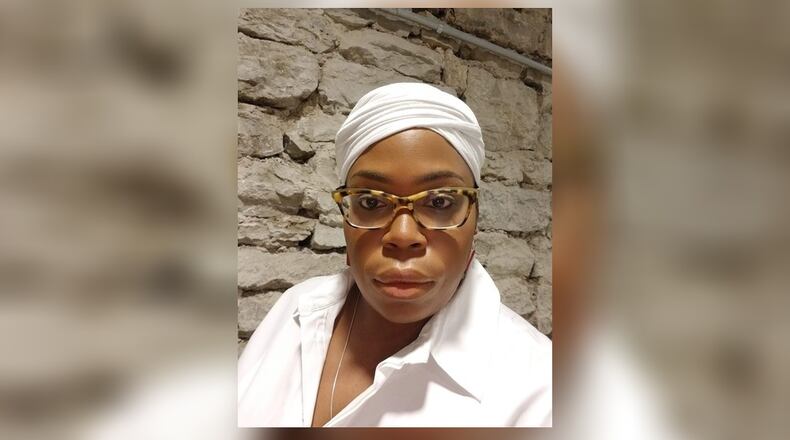Although my journey with Ellison’s letters is new, I connected with them in several ways. As I am reading the letters he wrote to his mother while away at college, I resonate deeply with those letters because there is something very powerful about the energetic exchange between a parent and child. This unbroken correspondence becomes a gift that allowed him to sustain the relationships with his mother and also share his achievements, pressing needs, desires, and even occasional dalliances without judgment or loss of connection.
As I read Ellison’s letters from the ‘30s, I could not help but think about the current pandemic, and social and racial reckoning throughout the world. He grappled with many of the same issues that confront us today. His letters helped him manage the magnitude of being in an unfamiliar time, of having a large amount of responsibility while experiencing the deepest kind of loss. The letters were a place of refuge, detailing the vulnerability and honest acceptance of his trauma and shared journeys.
Sierra Leone is the president, artistic director, and co-founder of The Home of Urban Creative Arts (OFP Theatre and Production Company).
About the Author
